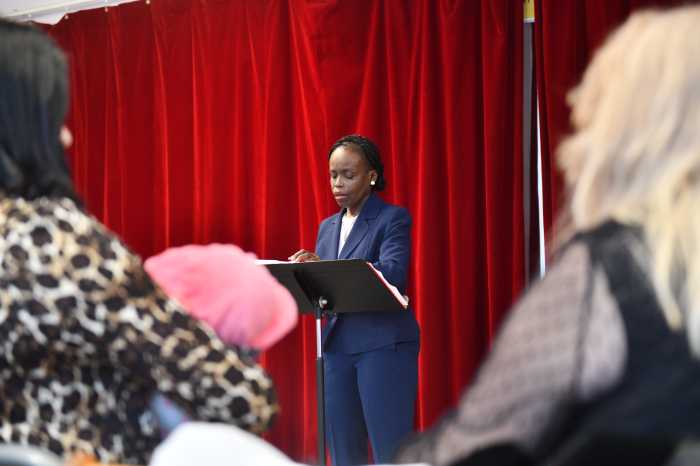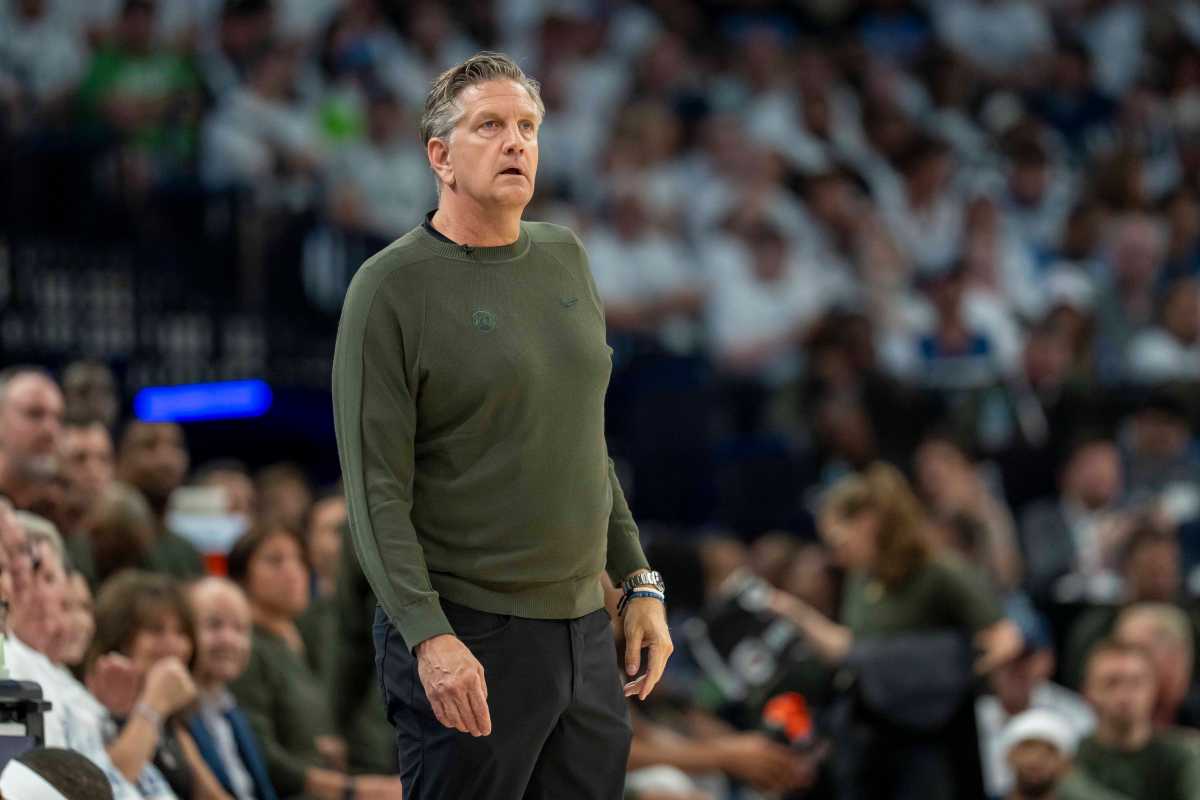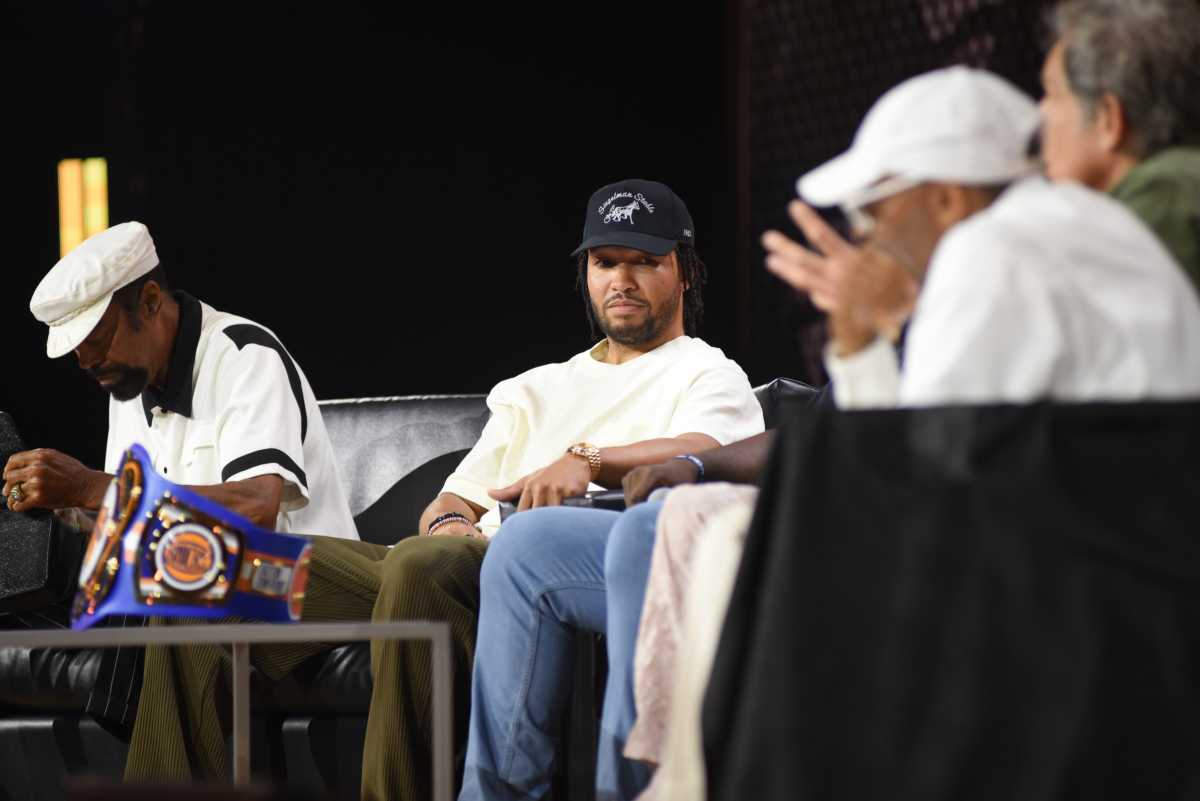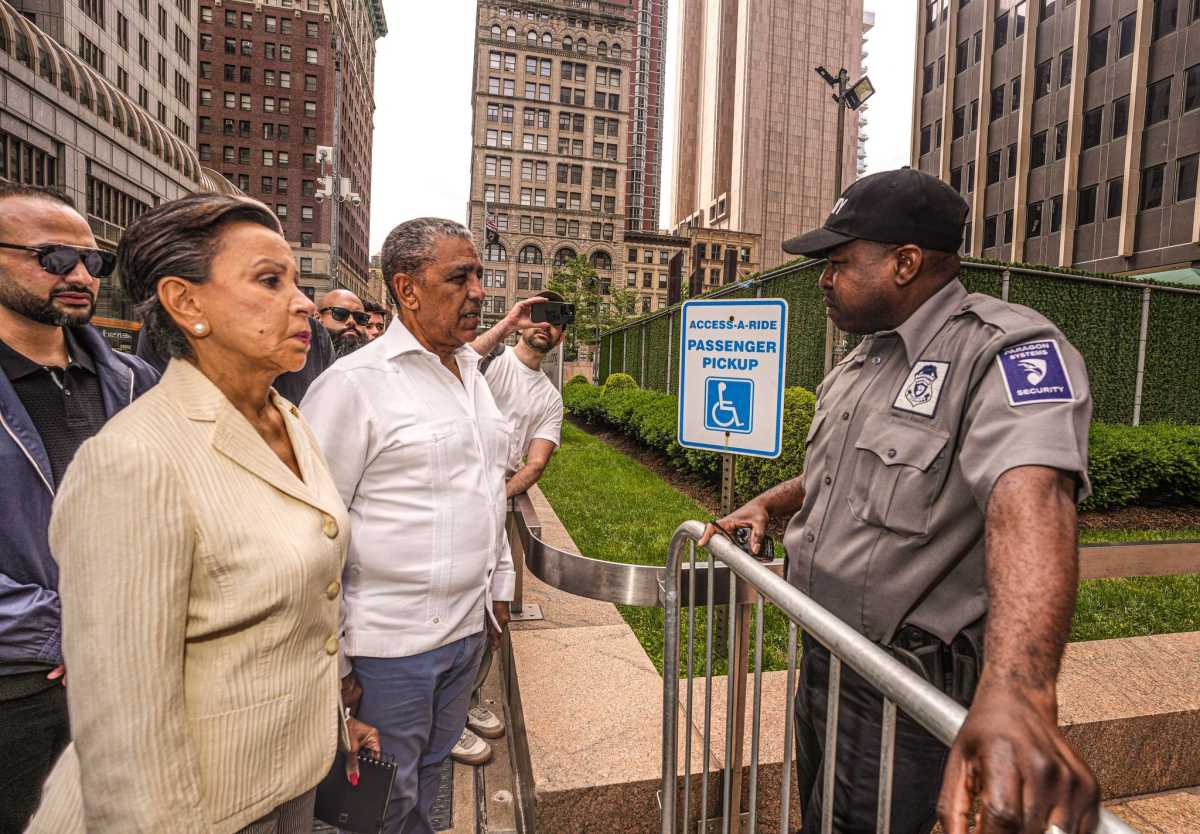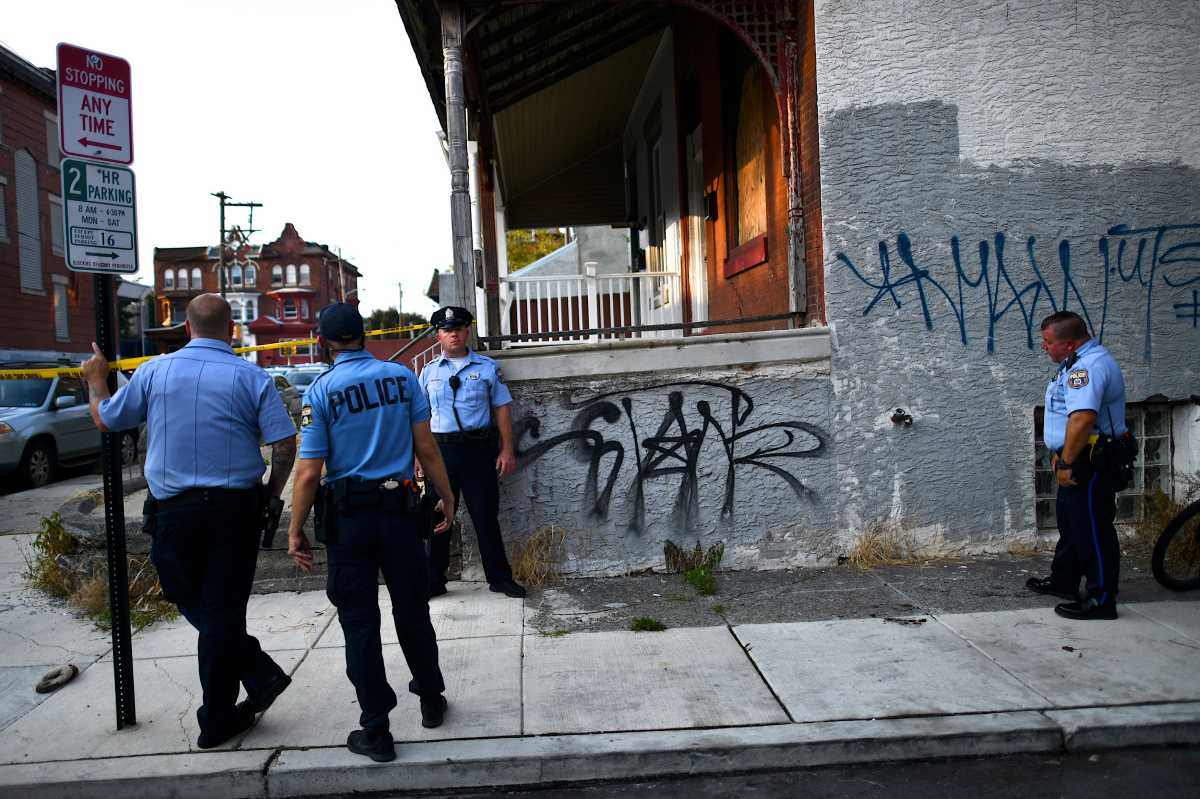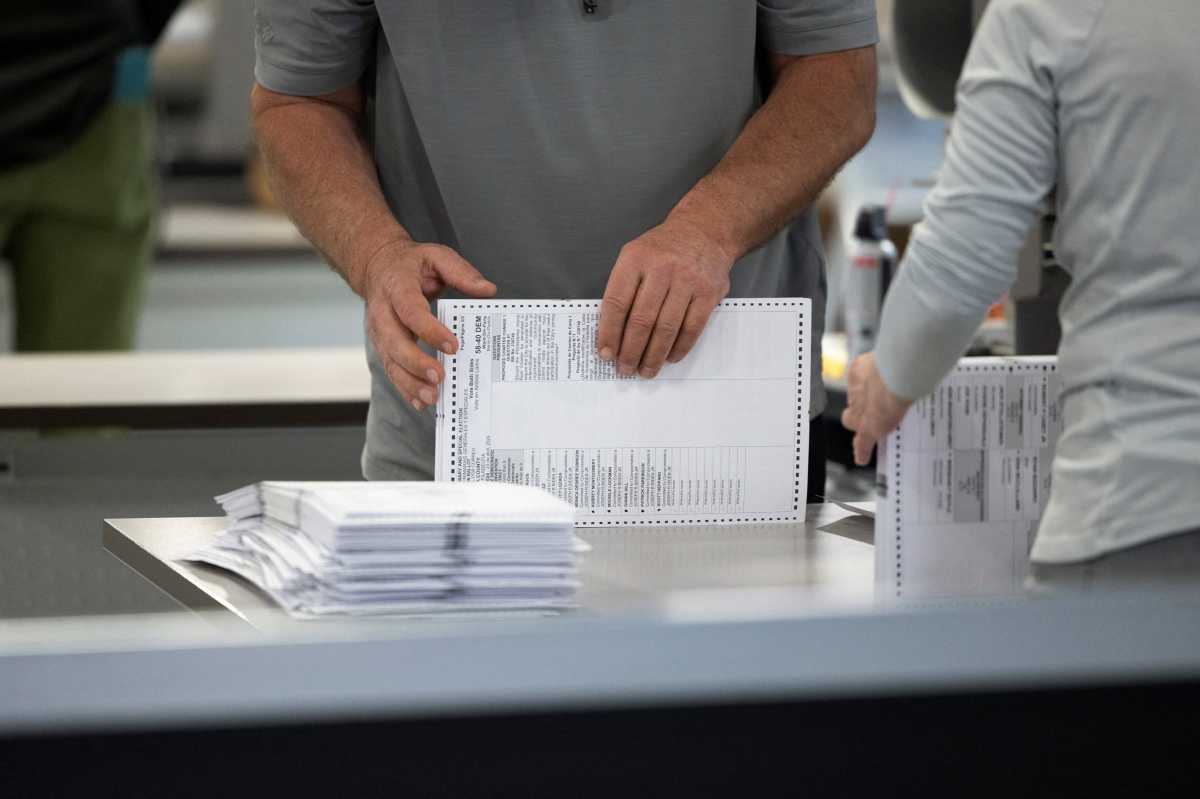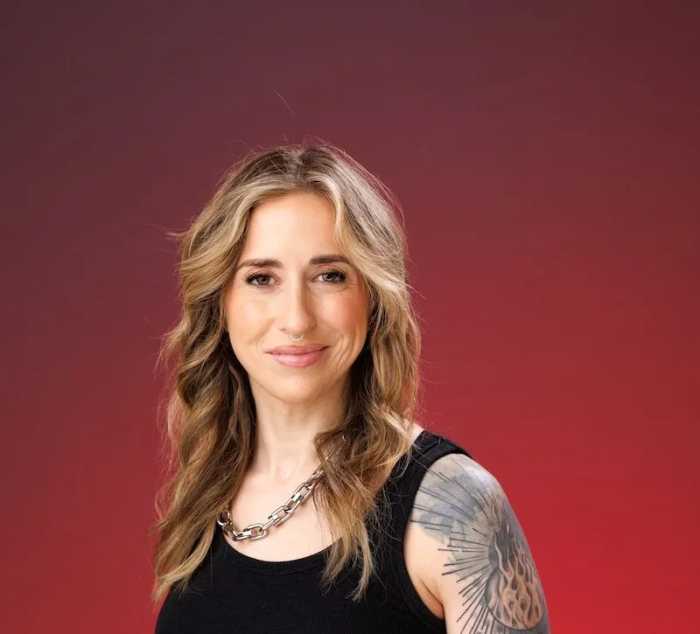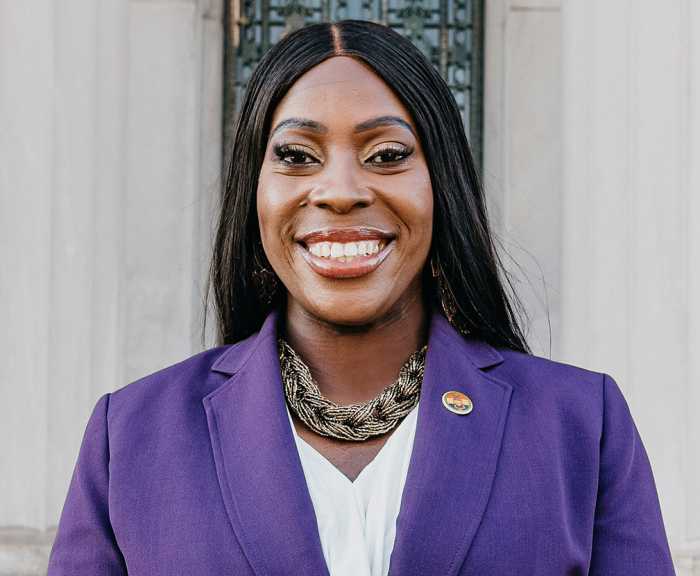BERLIN (Reuters) – A group of Social Democrat (SPD) deputies is questioning their party’s rejection of a renewed ‘grand coalition’ with Chancellor Angela Merkel’s conservatives to resolve Germany’s worst political crisis of modern times, according to Bild newspaper.
SPD leader Martin Schulz wants the party to go into opposition after September polls that brought support to its lowest level since foundation of the modern Federal Republic in 1949. The uncertainty has raised concern across Europe at a time when the EU faces complex political and econonomic problems.
But consensus within the party appears to be crumbling with roughly a fifth of 153 SPD lawmakers expressing doubts about the decision at a meeting of the parliamentary group, the mass-circulation Bild newspaper reported.
Merkel’s bid to forge a three-way alliance with the pro-business Free Democrats and the environmental Greens collapsed on Sunday, raising the prospect of new elections or a minority government if the SPD refuses to govern with the conservatives.
SPD lawmaker Johannes Kahrs, spokesman for the Seeheimer Circle, a conservative wing in the party, urged Schulz to keep an open mind when he meets on Thursday with German President Frank-Walter Steinmeier to discuss a way forward.
Kahrs told the Passauer Neue Presse newspaper that the collapse of the three-way coalition talks had created “a new situation”.
“We cannot just tell the German president, ‘Sorry, that’s it,'” he said.
Bild said German Foreign Minister Sigmar Gabriel, who handed leadership of the SPD to Schulz and became foreign minister earlier this year, also favours a resumed tie-up with conservatives.
Gabriel declined to comment on the issue during an event with the Qatari foreign minister on Tuesday.
NEW ELECTIONS?
Merkel has said she would prefer new elections to an unstable minority government. Until a government is agreed, she continues as acting chancellor and previous ministers remain in post, while the newly-elected parliament also proceeds with business.
Stephan Weil, the SPD premier of Lower Saxony who just completed a coalition agreement with conservatives in his state, has said a new election could leave few options other than a grand coalition anyway, the Sueddeutsche newspaper reported.
But Thorsten Schaefer-Guembel, deputy leader of the SPD, told broadcaster ZDF that his party wanted to avoid another grand coalition that could strengthen support for the far right, as has happened in Austria.
“At the moment we don’t see a basis for a grand coalition,” he said, adding that conservatives had show little appetite for changing their positions on key issues. “In the end it’s all about maintaining power for them,” he added.
Dieter Kempf, head of the DIHK industry group, urged politicians to accelerate efforts to form a new government, warning that prolonged uncertainty would harm companies.
Joe Kaeser, chief executive of Siemens, told Die Welt newspaper that he hoped new elections could be avoided since the results would likely be little changed from Sept. 24.
A new poll released Wednesday showed that half of Germans favour a new election, while a fifth back formation of a minority government. Only 18 percent would support a renewal of the SPD-conservative coalition that ruled the past four years. [nL8N1NR65L]
(Reporting by Andrea Shalal; editing by Ralph Boulton)







